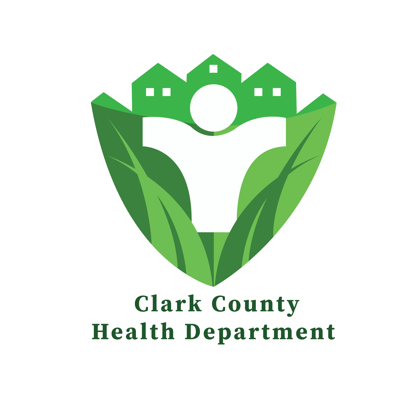First Human Case of West Nile Virus Confirmed in Clark County
Friday, September 5th, 2025 -- 8:00 AM

The Clark County Health Department (CCHD) is reporting the county’s first human case of West Nile virus (WNV) this year, and urges residents to take precautions against mosquito bites.
West Nile virus is spread to people through the bite of an infected mosquito, and is not spread from person to person. Mosquitoes get the virus by feeding on infected birds. WNV illness is most common in Wisconsin during the months of August and September.
However, the risk of contracting WNV and other mosquito-borne illnesses such as Jamestown Canyon virus, La Crosse encephalitis virus, or eastern equine encephalitis virus, remains whenever mosquitoes are active.
It is important for people to stay vigilant in preventing mosquito bites into early fall. Most people who are infected with WNV (about 80%), never develop symptoms. Others may experience mild illness such as fever, headache, muscle ache, rash, and fatigue.
In rare cases (less than 1%), infection can cause severe illness including high fever, muscle weakness, stiff neck, disorientation, mental confusion, tremors, confusion, paralysis, and coma.
Older adults and those with compromised immune systems are at greater risk of developing severe illness that can be fatal. It is important that people contact a health care provider if they suspect they have WNV illness.
There is no specific treatment for WNV, therefore prevention remains the best protection. The best way to avoid illnesses spread by mosquitoes is to reduce exposure to mosquitoes and eliminate mosquito breeding sites.
Mosquitoes will no longer be active once there is a hard frost (temperatures below 28 degrees for at least four consecutive hours), but until then, people are urged to protect themselves.
The CCHD recommends the following:
Avoid Mosquito Bites
- Apply an insect repellent with DEET, picaridin, oil of lemon eucalyptus, or IR3535 to exposed skin and clothing.
- Prior to heading outdoors, treat clothing with permethrin; do not apply permethrin directly to skin.
- Consider rescheduling outdoor activities that occur during evening or early morning hours, when mosquitoes are most active.
- Wear long sleeves, long pants, and socks when outdoors to help keep mosquitoes away from your skin.
Mosquito-Proof Your Home
- Make sure window and door screens are intact and tightly fitted to prevent mosquitoes from getting into your home.
- Prevent mosquitoes from breeding around your home by removing stagnant water from items around your property, such as tin cans, plastic containers, flower pots, discarded tires, roof gutters, and downspouts.
- Turn over wheelbarrows, kiddie pools, buckets, and small boats such as canoes and kayaks when not in use.
- Change the water in bird baths and pet dishes at least every three days.
- Clean and chlorinate swimming pools, outdoor saunas, and hot tubs; drain water from pool covers.
- Trim or mow tall grass, weeds, and vines since mosquitoes use these areas to rest during hot daylight hours.
For more information regarding WNV, please contact the Clark County Health Department at 715-743-5105 or visit: https://www.dhs.wisconsin.gov/mosquito/wnv.htm.
Feel free to contact us with questions and/or comments.




